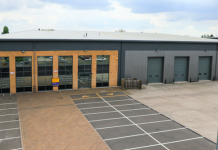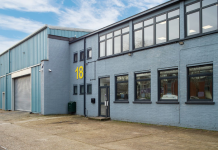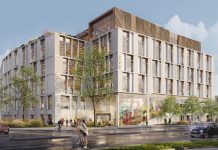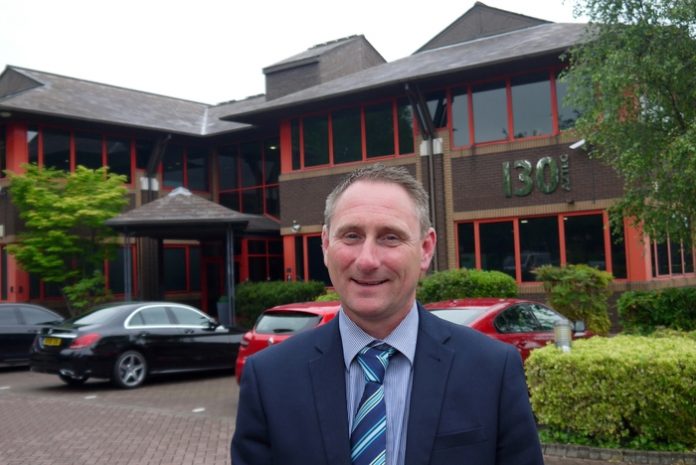The flexible working revolution is now reaching all parts of the Bristol office market, according to a leading property consultant.
Martin Booth, head of Knight Frank’s Bristol office agency team in Bristol, said: “Flexible office accommodation – where occupiers are able to enjoy short flexible leases and shared facilities – accounted for over 100,000 sq ft of take up in Bristol in 2018, and it is clear that this rise in demand for flexible space is a fundamental change in the market – it’s not a fashion or a fad.
“Our research reveals that larger corporate enterprises are now also making greater use of flexible workspaces. In Bristol this is coming either from companies new to the city and needing a flexible base until they set up their own traditional office, or companies requiring flexible space for specific projects or periods when their space requirements rise.
“But in addition many corporate clients now take the view that flexible offices are an integral part of their overall property strategy, providing the lungs for a business and giving it the ability to expand or contract as required.”
One company seeing evidence of the changing market is Rombourne, which began offering serviced office accommodation in 1992 and which now owns serviced office buildings in Bristol city centre, Westbury on Trym and at two sites at Aztec West, north Bristol. Together, the four buildings offer 1,000 desk spaces.
Regional director Matthew Read said: “Our centres are used by a wide range of businesses, from small start-up companies to large multinational businesses that want to operate from a corporate environment but need the flexibility of knowing that costs are fixed and inclusive, and that accommodation requirements can be scaled up or down at short notice without penalty.
“While this service has been available for many years, in the last year we have seen a growing appetite from businesses to consider shifting towards the new flexible and collaborative model of occupancy that is more in keeping with today’s business structures and working styles.”
The Knight Frank (Y)our Space research report showed global corporates intended to operate increasingly from flexible, serviced and co-working spaces. Over half of companies (55%) identified increased flexibility as the main driver of this change with a significant proportion (11%) stating that the sense of community fostered among workers was the key benefit. A further 11% stated that the greater speed to becoming operational was the primary reason for selecting serviced office or co-working space ahead of more conventional office space.























